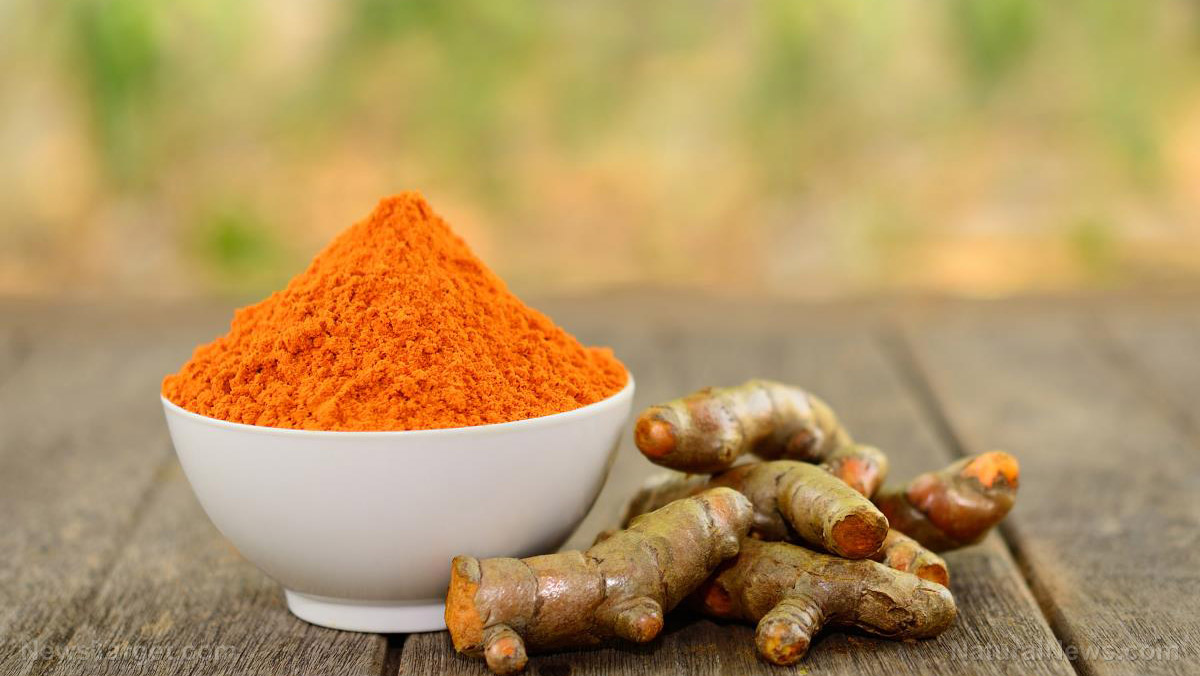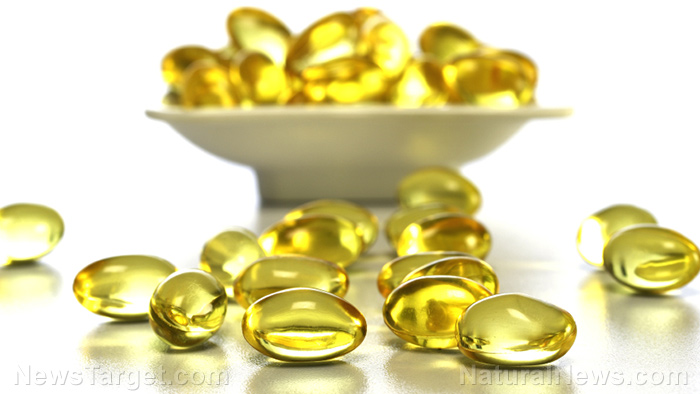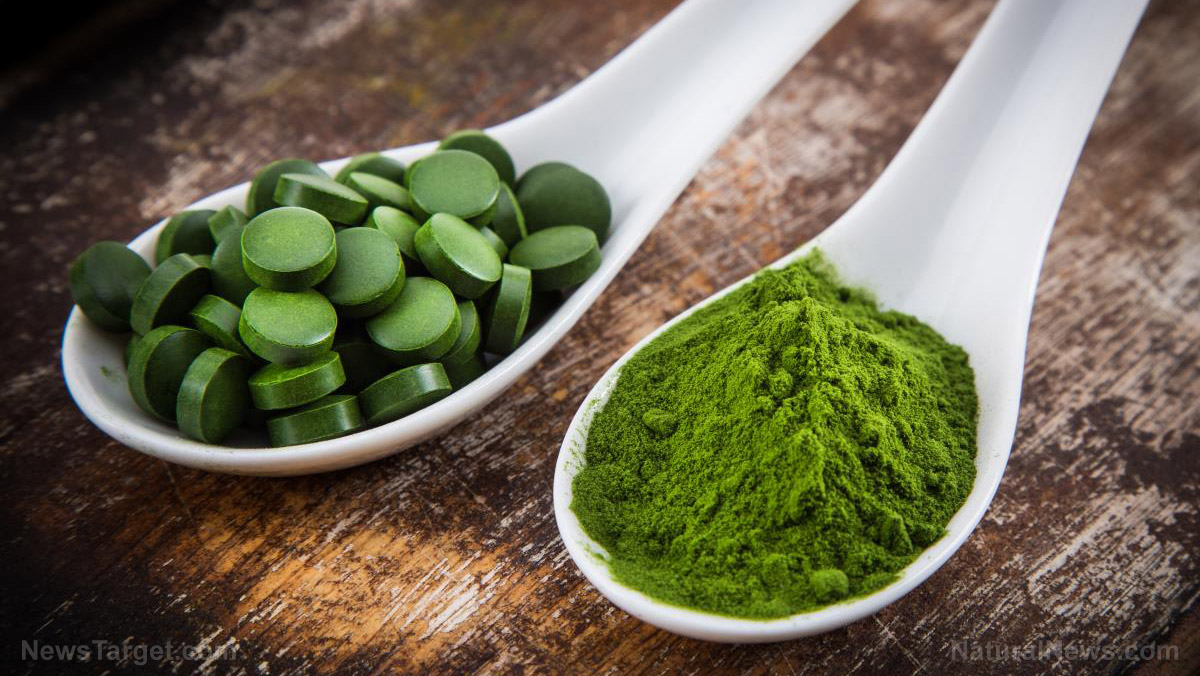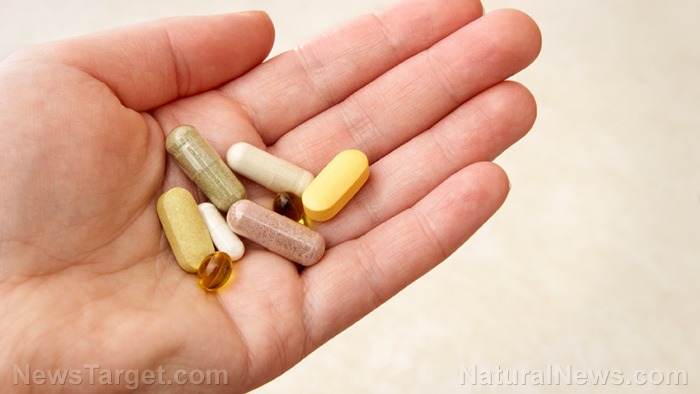Big Pharma FDA scam allows drug companies to turn a $10 supplement into a $40,000 prescription drug while banning the supplement
10/10/2018 / By Tracey Watson

Big Pharma is at it again. Thanks to an outdated and much exploited U.S. Food and Drug Administration (FDA) loophole, L-glutamine – a supplement that offers a host of incredible health benefits – could soon move from the supplement section to the prescription counter at your local pharmacy. And its price could skyrocket from $10 for 120 pills, to as much as $40,000 for a year’s supply.
As reported by The Alliance for Natural Health (ANH-USA), the FDA has approved a new L-glutamine based drug called Endari for the treatment of sickle cell anemia, and since no supplement company has registered a New Dietary Ingredient (NDI) application for this amino acid, the supplement could be permanently removed from distribution by any other company.
An FDA loophole that means big bucks for Big Pharma
In terms of current FDA legislation, if a drug company can prove that an ingredient was not marketed as a dietary supplement before 1994, and that it was first investigated by that drug company, the ingredient can be placed on a list that means it can never again be lawfully marketed as a supplement or developed by any another pharmaceutical company.
As reported by Nutra Ingredients, the Dietary Supplement Health and Education Act of 1994 (DSHEA), which regulates dietary supplements in the United States, contains an amendment which has only rarely been invoked, but which “excludes ingredients that have first been investigated as drugs from the definition of legal dietary ingredients.”
Since ingredients used in supplements are natural, they can generally not be patented by greedy drug manufacturers. This legislative loophole allows such companies to “prove” that an ingredient has not been marketed as a natural supplement and can therefore be patented.
ANH-USA reported:
The drug company, Emmaus Medical, Inc., filed an investigational new drug (IND) application—demonstrating their investigation of L-glutamine as a drug—on May 15, 1997. This is important because there is no new dietary ingredient (NDI) notification for L-glutamine. (Think of an NDI notification as a “new supplement” notification; by law an NDI notification must be filed on supplements that came to market after 1994.) …
If Emmaus enforces its IND, the only way that L-glutamine supplements could survive is if the FDA decides that L-glutamine was in the market “in or as” a supplement before 1994.
The benefits of L-glutamine
As reported by Health Articles 101, L-glutamine is used as an effective treatment for a host of conditions, including:
- The treatment of diarrhea and digestive issues associated with irritable bowel syndrome (IBS);
- Since L-glutamine aids glucose utilization it helps keep blood sugar levels constant, reducing the risk of insulin resistance;
- Multiple studies have confirmed that L-glutamine enhances nervous system functioning, improving mood and naturally reducing feelings of depression. There is even evidence that it can alleviate the symptoms of schizophrenia;
- L-glutamine aids protein synthesis and contributes to muscle gain. As such, it is one of the world’s most popular muscle building supplements;
- L-glutamine can assist in the repair of cartilage damage and age-related joint problems, and is an effective natural arthritis treatment;
- Some men have reported improvements in male impotence from L-glutamine supplementation;
- There is evidence that L-glutamine could help reduce the damaging effects of autoimmune diseases; and
- If taken at the same time as radiation treatment for cancer, L-glutamine can lessen the damaging effects of this harsh treatment.
With such an impressive array of benefits, there are thousands of people who could be impacted negatively should L-glutamine no longer be available in supplement form. (Related: Heal your gut with the amino acid L-glutamine.)
Supplements at risk
This is by no means the first time a greedy pharmaceutical company has exploited this FDA loophole. Back in 2009, Natural News reported:
The FDA has effectively banned a naturally-occurring form of vitamin B6 called pyridoxamine by declaring it to be a drug, reports the American Association for Health Freedom. Responding to a petition filed by a drug company, the FDA declared pyridoxamine to be “a new drug.”
Now, any nutritional supplements containing pyridoxamine will be considered adulterated and illegal by the FDA, which may raid vitamin companies and seize such products. (Related: A form of vitamin B6, pyridoxamine, could be back on the market after being unavailable for years to protect its potential use in pharmaceuticals.)
And thanks to the same loophole, CBD oil is also in danger. ANH-USA reported:
CBD oil faces a similar threat. For years, consumers have benefited from access to cheap, safe, and effective CBD oil supplements. But now the FDA says that CBD is a drug, not a supplement—a drug which will be sold for $32,500 a year. While the FDA has not removed CBD oil supplements from the market yet, FDA’s declaration indicates it may be only a matter of time.
Clearly, for as long as this loophole exists, pharmaceutical companies will continue to exploit it. That is why organizations like ANH-USA and Natural News are advocating for changes in legislation which will protect our access to natural substances like L-glutamine with their myriad health benefits. If drug companies want to exploit what Mother Nature has given us to develop chemical drugs that should not have any bearing on their availability as natural supplements. After all, Big Pharma did not create these natural substances. They have been given to us all, and that’s the way it should remain.
Learn more about the amazing natural medicines that are vulnerable to this type of legislation at Nutrients.news.
Sources for this article include:
Tagged Under: Amino Acids, Big Pharma, drug monopoly, drug prices, FDA, FDA loophole, health freedom, IND, investigational new drug applications, L-Glutamine, mass medication, patents, Prescription drugs, supplements




















